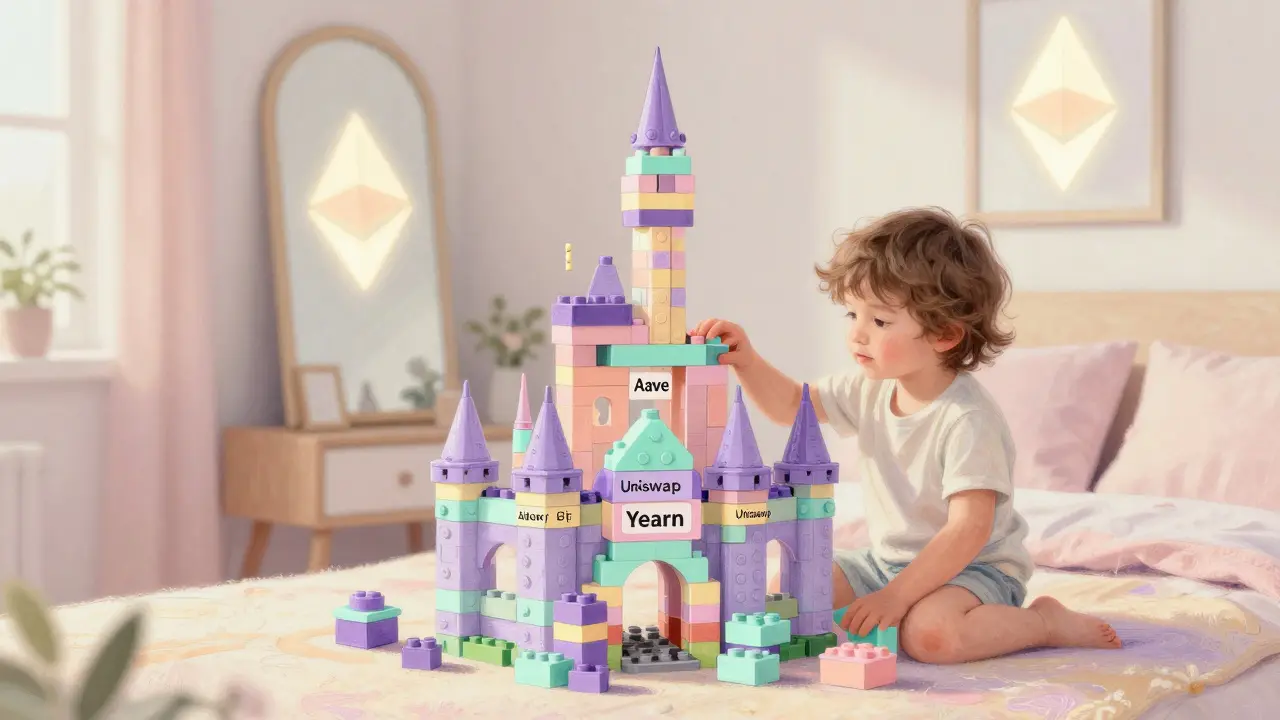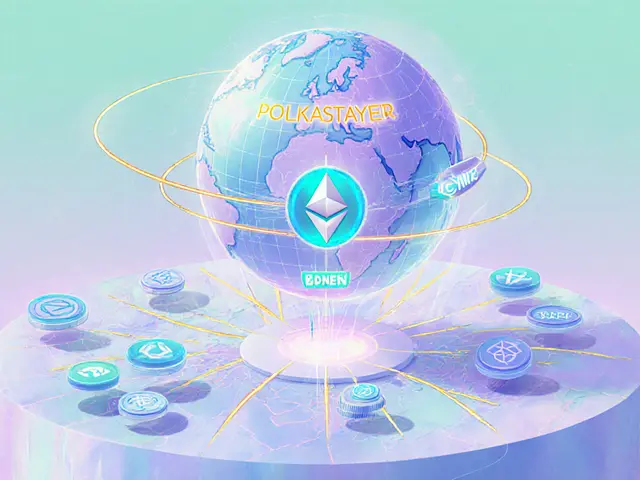Smart Contracts: The Building Blocks of Decentralized Finance
When working with Smart Contracts, self‑executing code that runs on a blockchain when predefined conditions are met. Also known as programmatic agreements, they remove the need for intermediaries and guarantee outcomes, the tech has turned traditional contracts on their head. These contracts sit on a blockchain, a distributed ledger that records every transaction in a tamper‑proof way. The most popular home for smart contracts today is Ethereum, a public platform that lets developers deploy code without asking permission. Most of the code you’ll see written for Ethereum is in Solidity, a high‑level language designed specifically for writing smart contracts. Together, these entities create a powerful trio: smart contracts enable trustless automation, the blockchain provides the immutable record, and Ethereum offers the execution environment.
Why They Matter and How They Interact
Smart contracts enable trustless automation by enforcing rules automatically—no lawyer, no bank needed. This automation fuels decentralized applications, software that runs on a blockchain instead of a single server, from lending platforms to NFT marketplaces. The relationship is simple: a dApp’s backend is a collection of smart contracts, and those contracts live on a blockchain like Ethereum. When a user clicks “borrow,” the dApp calls a contract function, the contract checks collateral, updates balances, and writes the result to the ledger—all in one atomic step. This seamless flow reduces friction, cuts costs, and opens finance to anyone with an internet connection. Moreover, the transparency of the blockchain lets anyone audit the code, which builds trust in ways traditional agreements can’t match.
Below you’ll find a curated set of articles that dive deeper into each piece of this puzzle. We cover everything from the basics of how confirmation time prevents double‑spends to advanced tokenomics of niche coins, and we even explore regulatory twists that affect how smart contracts are used around the world. Whether you’re a beginner curious about how a simple token sale works, or an experienced developer looking for the latest on cross‑chain messaging, the posts below give practical insight and real‑world examples. Keep reading to see how smart contracts are reshaping finance, gaming, and beyond—your next big idea might be just a line of code away.

Composability lets DeFi protocols connect like Lego blocks, enabling unprecedented financial innovation. But with great power comes systemic risk. Learn how it works, why it's transforming finance, and what you need to know to use it safely.
Jonathan Jennings Jan 31, 2026
Explore how blockchain voting creates transparent, auditable elections while protecting voter privacy, backed by real pilots, benefits, challenges, and future steps.
Jonathan Jennings Jul 16, 2025




